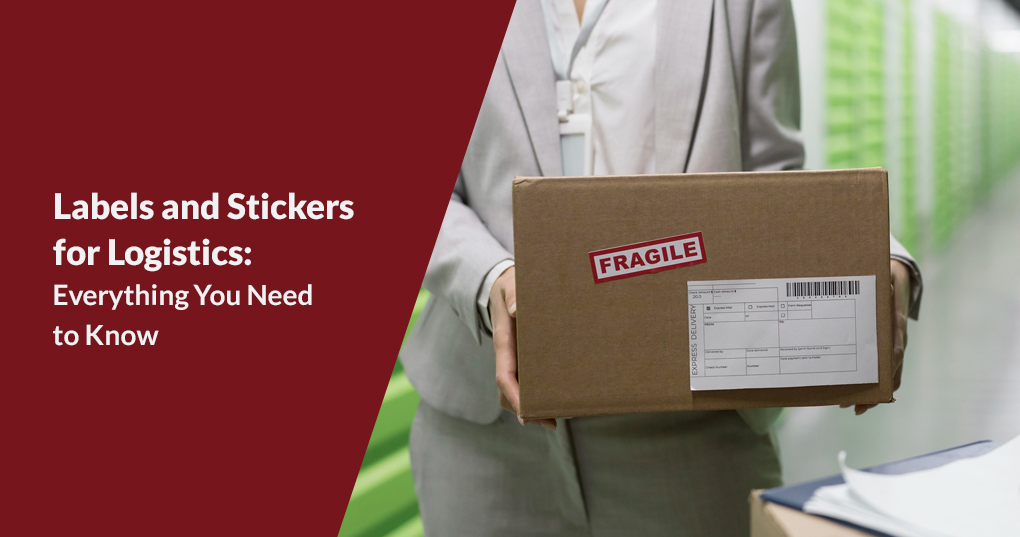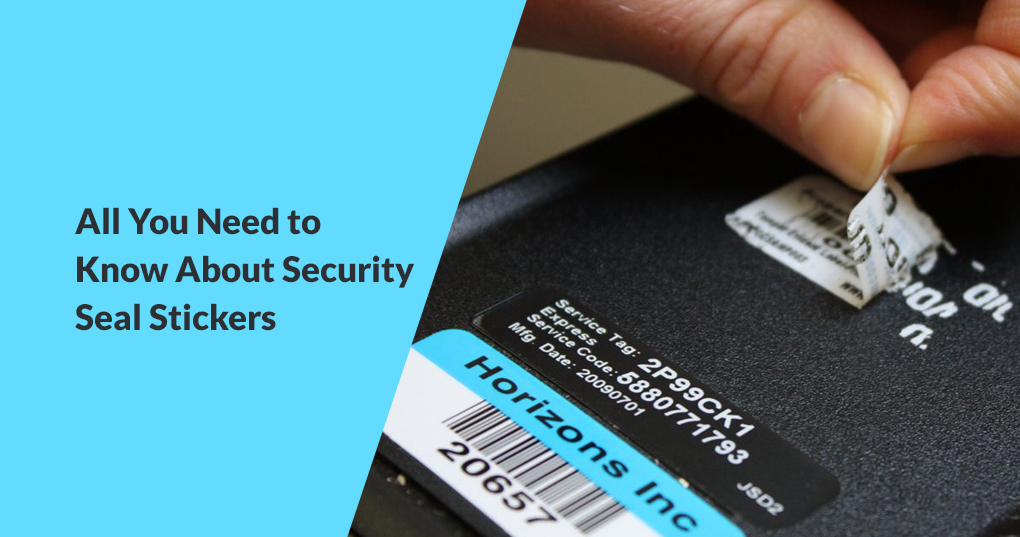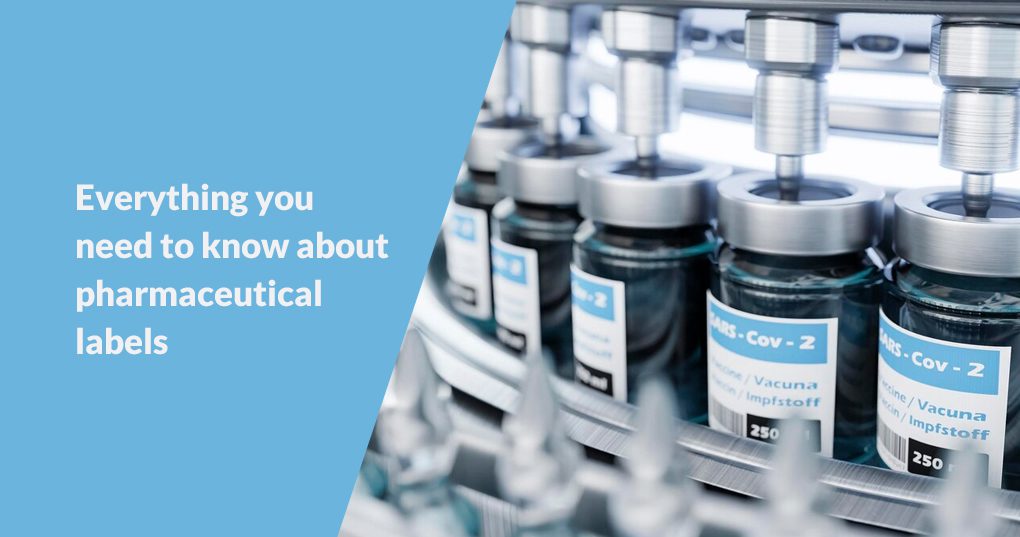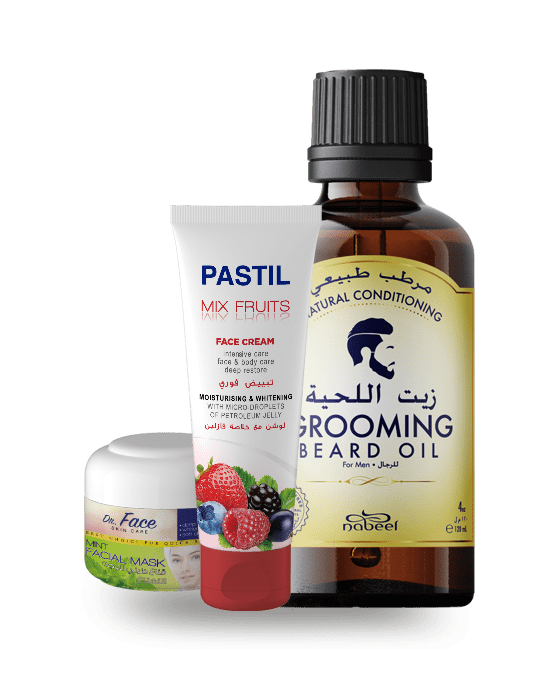
In today’s competitive business landscape, companies frequently look for the mastery of contract producers to streamline their production processes and bring their items to showcase effectively in the market. Selecting the proper contract producer for private label cosmetic manufacturers could be a basic choice that can essentially affect a company’s success in a particular field. From item quality to reliability, there are a few fundamental variables to consider when making this choice. In this article, we explore the key steps to assist businesses in discovering the idealized coordinate in a contract producer.
1) Define Your Requirements:
Before approaching potential contract manufacturers, have a clear understanding of your project requirements. Define the product specifications, including materials, dimensions, and quality standards. Determine the desired production quantity and timeline for delivery. Knowing your specific needs will help you find a contract manufacturer whose capabilities align with your business objectives.
2) Assess Experience and Expertise:
Evaluate the contract manufacturer’s experience and expertise in your industry and product category. Look for a manufacturer with a proven track record of delivering similar products or components. Inquire about their portfolio and past clients. A contract manufacturer with relevant experience is more likely to understand your unique requirements and deliver high-quality results.
3) Quality Control and Certifications:
Quality control is critical for maintaining product standards. Inquire about the contract manufacturer’s quality management processes and certifications. Ask about their adherence to industry standards, such as ISO certifications or other relevant quality management systems. A manufacturer with robust quality control measures demonstrates a commitment to producing reliable and consistent products.
4) Location and Logistics:
The location of the contract manufacturer can impact production timelines and shipping costs. Proximity to your business or target markets may be advantageous in reducing lead times and transportation expenses. However, also consider the manufacturer’s logistics capabilities to ensure smooth delivery of finished products to your desired locations.
5) Communication and Support:
Effective communication is essential for a successful partnership. Evaluate the contract manufacturer’s communication channels and responsiveness. Choose a manufacturer that provides transparent and timely updates throughout the production process. A collaborative relationship built on open communication will help address any challenges and foster a stronger working bond.
6) References and Reviews:
Seek references and reviews from other clients who have worked with the contract manufacturer. Feedback from past or current clients can provide valuable insights into their performance, reliability, and overall satisfaction. Look for reviews that specifically address the manufacturer’s communication, product quality, and adherence to timelines.
7) Technology and Equipment:
The contract manufacturer’s technology and equipment play a crucial role in the production process. Inquire about the type of machinery and technology they use. A manufacturer equipped with advanced tools can offer efficient production processes and maintain product consistency.
8) Flexibility and Customization:
Customization is essential for businesses with unique or specialized product requirements. Discuss the contract manufacturer’s flexibility in accommodating custom specifications. A willingness to tailor production processes to your specific needs can be a significant advantage, particularly for niche or highly specialized products.
9) Supply Chain Management:
A well-optimized supply chain is vital for ensuring a smooth flow of raw materials and components. Inquire about the contract manufacturer’s supply chain management capabilities. They should have efficient systems in place to source materials, manage inventory, and minimize production delays.
10) Regulatory Compliance:
For products subject to regulatory standards or certifications, such as medical devices or electronics, verify that the contract manufacturer complies with all relevant regulations. Ensure that they hold the necessary certifications and have experience in meeting industry-specific compliance requirements.
11) Responsiveness to Market Trends:
Choose a contract manufacturer who stays updated with industry developments and market trends. A partner who keeps abreast of the latest innovations can offer valuable insights and suggestions for product improvements, helping your business stay competitive in the market.
12) Confidentiality Agreements:
Discuss confidentiality agreements and intellectual property transfer arrangements with the contract manufacturer. Ensure that your proprietary information and trade secrets are adequately protected during and after the collaboration.
13) Pricing and Payment Terms:
Obtain detailed pricing information from the contract manufacturer and discuss payment terms. Transparent pricing and mutually agreeable payment conditions contribute to a successful and transparent partnership.
14) Social and Environmental Responsibility:
Environmental and social responsibility is becoming increasingly important for consumers. Evaluate the contract manufacturer’s commitment to sustainable practices, ethical manufacturing, and fair labor practices. Partnering with a socially responsible manufacturer can positively impact your brand’s reputation.
15) Production Timeframes:
Discuss production timelines with the contract manufacturer to ensure that they can meet your project’s deadlines. Prompt delivery is crucial to meet market demands and customer expectations.
16) Long-Term Viability:
Evaluate the contract manufacturer’s long-term viability and stability in the industry. A well-established and financially stable manufacturer is more likely to be a reliable partner over the long run.
17) Niche Specialization:
If your product requires specialized expertise, seek a contract manufacturer with a niche specialization relevant to your industry or product category. Specialized manufacturers can offer unique insights and solutions tailored to your specific needs.
18) On-Site Visits:
Whenever possible, arrange on-site visits to the contract manufacturer’s facilities. Seeing the production processes firsthand can provide valuable insights into their operations, quality control measures, and overall capabilities.
In conclusion, selecting the right contract manufacturer is a multifaceted process that demands thorough research and evaluation. By carefully considering factors such as expertise, quality control, scalability, location, and communication, businesses can make an informed choice that aligns with their production requirements. With the guidance provided in this comprehensive guide, companies can confidently forge strong relationships with contract manufacturers, ensuring efficient production, consistent product quality, and long-term success in the dynamic market landscape. Making the right choice for the best private label cosmetics manufacturer becomes a pivotal step in a company’s growth journey, delivering the competitive edge needed to excel in their industry and meet customer demands with confidence.

Labels and stickers are the most profound part of the logistics industry, as they have a huge impact on supply chain management.

Security stickers and labels come in different versions. It is used to seal a product to maintain its safety and authenticity. Th

The pharmaceuticals industry is rеsponsiblе for thе hеalth of millions of pеoplе. It plays a pivotal role in thе corrеct curе and thе wеll bеing of thе us�

Holograms require specialized technology and equipment to unlock. Counterfeiters tend to avoid products that are secured with hologram labels. They are technical and ha
